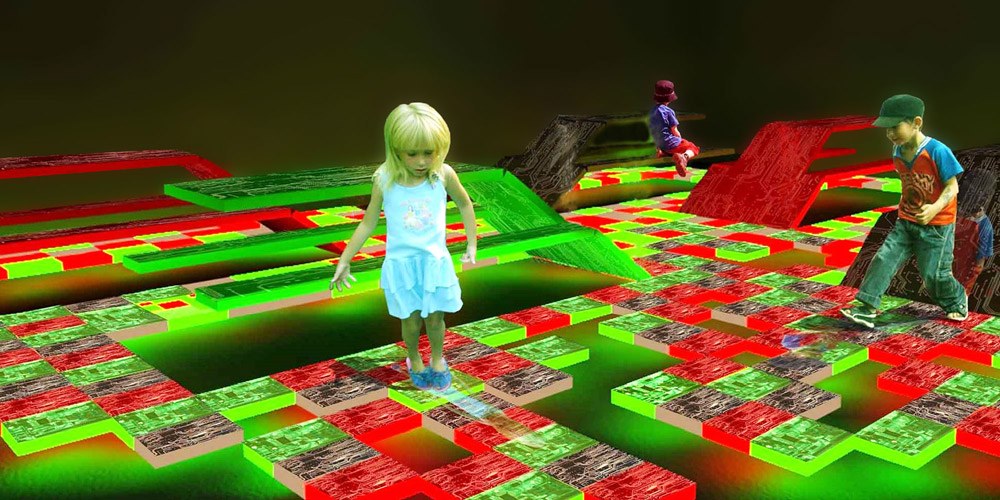Philosophy
Philosophy of Technology
Technology dominates the news—market volatility, growth forecasts, consumer trends, high interest rates, trade tensions. Yet, we rarely hear discussions about the deeper implications of technology: its ethics, its consciousness, and its impact on the human experience.
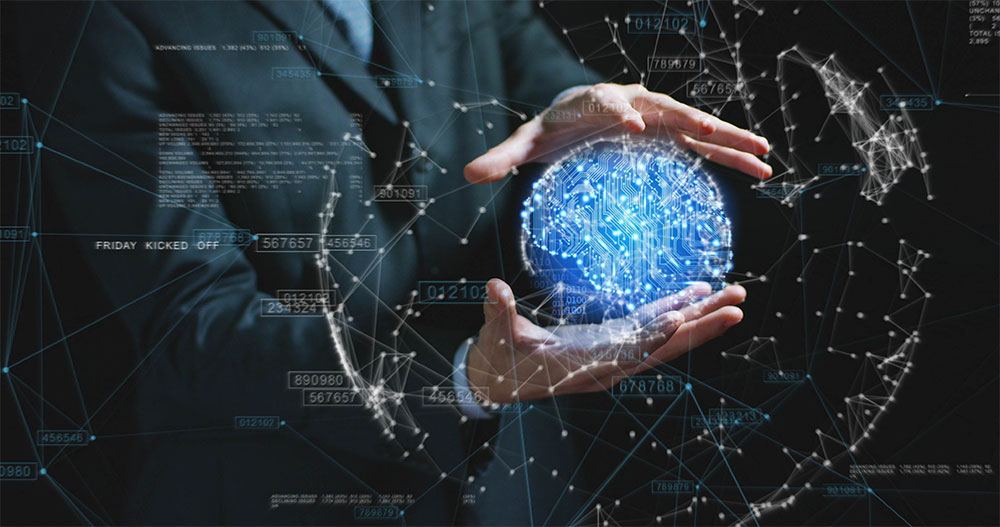
We are living through an unprecedented digital revolution. An immense information highway of technological advancements is being built around us at an astonishing pace. Each day presents new choices, and with them, new behaviors, emotions, and experiences that shape our world more rapidly than ever before.
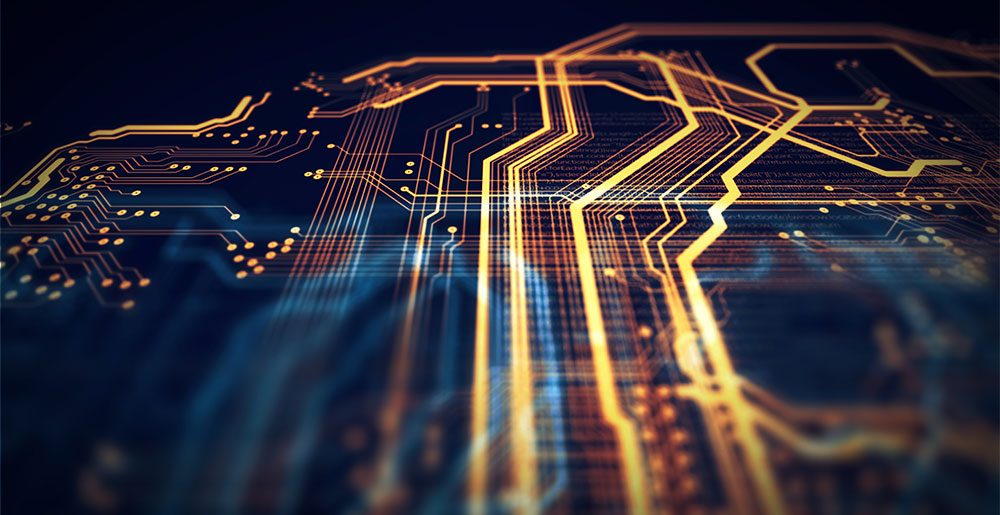
But this rapid evolution comes with challenges. Younger generations are growing up immersed in vast amounts of information, yet they struggle to process it meaningfully. With endless digital interactions, they risk losing the ability to connect deeply in person. Artificial Intelligence, once a futuristic concept, now dictates how we communicate, work, and even think. While AI offers extraordinary possibilities, it also raises urgent questions: Are we guiding AI, or is AI guiding us? How do we ensure technology serves us rather than distances us from our own humanity?
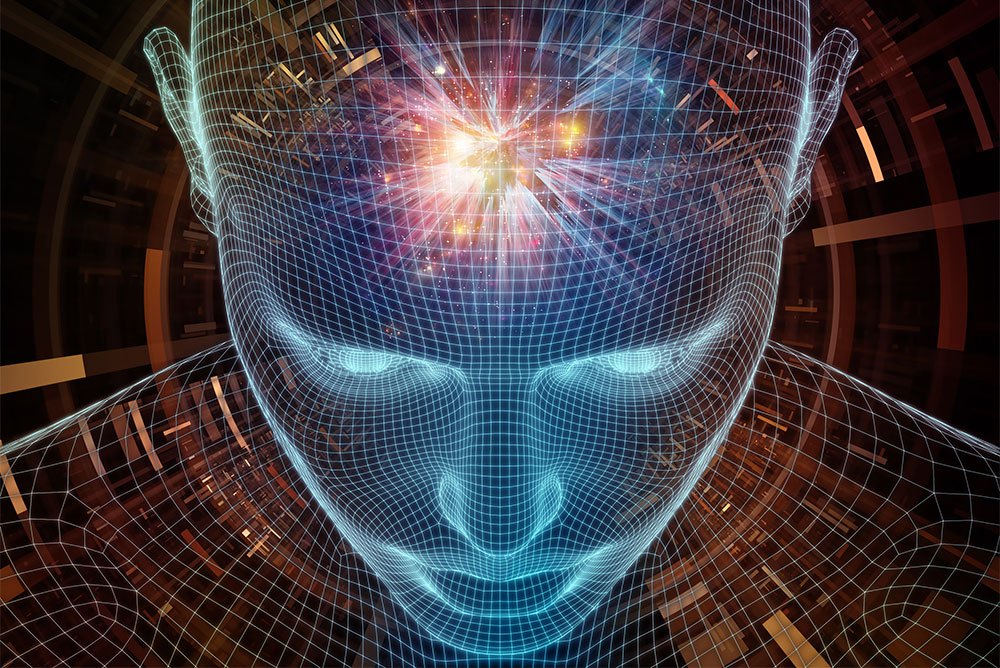
Navigating the Future of Tech
How do we harness technology for progress while maintaining clarity in our choices? How do we prevent it from overwhelming us and instead use it to create a better world? Moving through the 21st century at such high speeds demands a collective awareness.
As a society, we must actively engage in analyzing the true impact of technology. We cannot be passive consumers—we must become conscious creators. Recognizing both its benefits and dangers allows us to shape a future where technology serves humanity, rather than eroding it. AI, for example, holds the potential to augment human creativity, solve complex problems, and revolutionize industries—but if left unchecked, it could also diminish our ability to think independently and make ethical decisions.
At this moment in history, we hold an unparalleled power: the ability to create the most advanced technology ever seen—but also the capacity for destruction on a massive scale. This responsibility demands a higher level of consciousness. We cannot turn a blind eye to the environmental and ethical challenges emerging from unchecked technological expansion. From AI-driven misinformation to the ecological damage of mass production, we must remain vigilant about the choices we make.
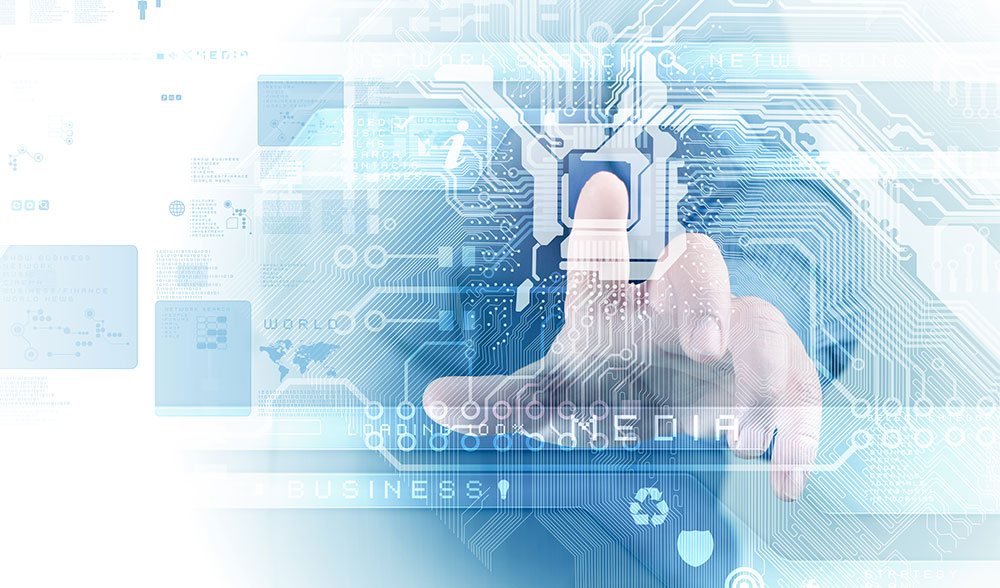
Technology as a Conscious Act
Technology itself is neutral—it is our intent that determines whether it becomes a force for creation or destruction. Used wisely, technology becomes an extension of our consciousness, a tool for innovation, connection, and progress. However, when used recklessly, it can disconnect us from nature, our communities, and even ourselves.
To counterbalance the digital overload, we must disconnect to reconnect—to nature, to art, to our own thoughts. Meditation, creativity, and reflection are essential in this age of constant stimulation. AI can process information, but it cannot replace human intuition, emotion, or soul. Our consciousness remains our most powerful tool.
I once struggled to find a universal symbol for technology—an icon that represents both its power and its consciousness. We have symbols for radiation, for atoms, for electricity—yet nothing that embodies technology as a force of awareness. So, I created one.
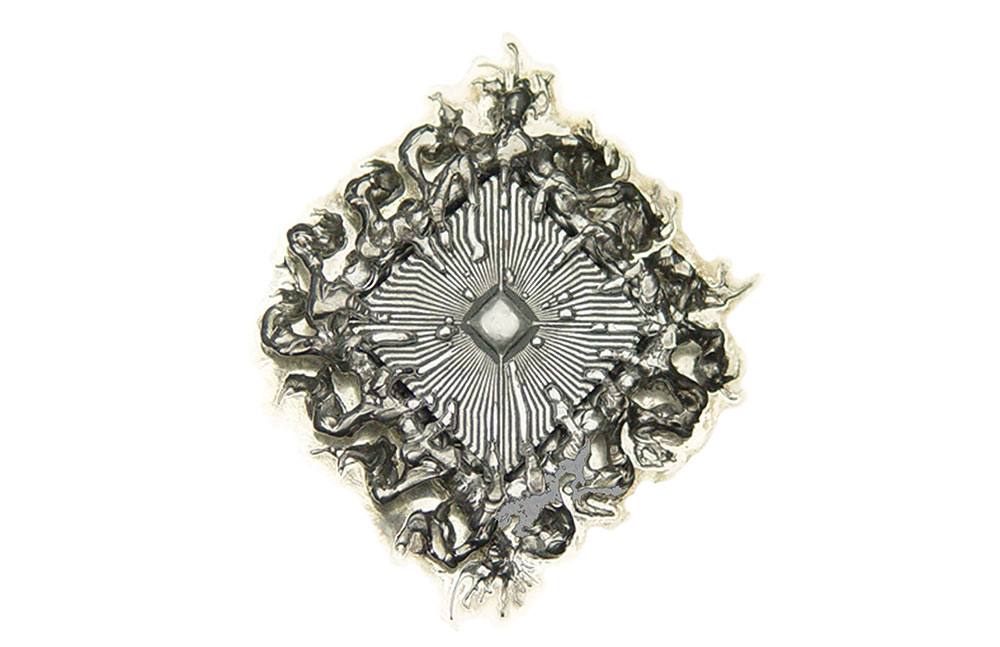 Transformed Microchip into Art form
Transformed Microchip into Art form
In my work, I use repurposed circuit boards and discarded tech components to form new artistic expressions. My goal is to transform these materials into symbols of conscious technology—pieces that challenge our perceptions and invite reflection. Through my art, I hope to contribute the best possible vision of technology, using creativity as my medium of expression.

A Call to Create
In an era where AI and automation threaten to replace human creativity, it is more important than ever to stay engaged, stay inventive, and stay human. Adversity often leads to the greatest ideas, and this moment in time is no different.
We must create, innovate, and question. Technology should serve us—not replace us. The future belongs to those who use it consciously.
Join me in this exploration. Let’s shape a future where technology and consciousness evolve together.
